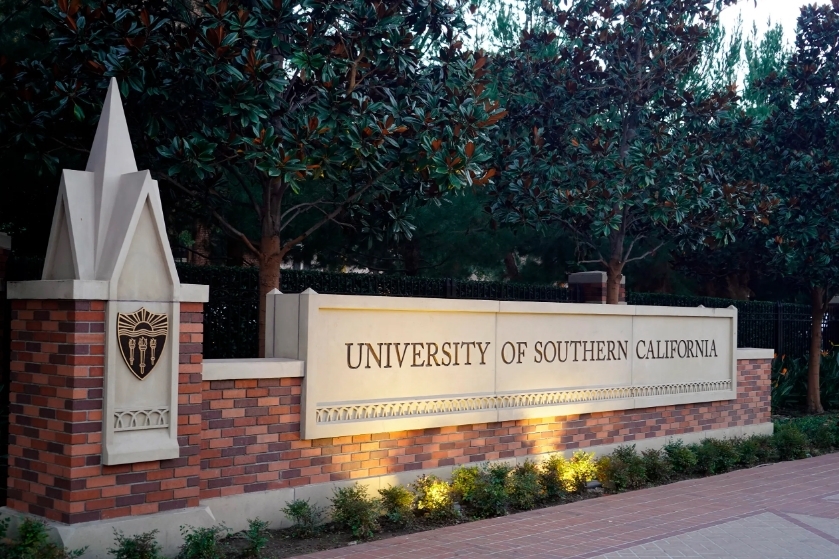On Friday, major changes were announced for the 2024 University of Southern California (USC) commencement ceremony. In an unprecedented move, USC removed valedictorian Asna Tabassum from her speaking slot amidst controversy surrounding her anti-Israel and antisemitic social media posts. The controversial decision has sparked debate over free speech and safety concerns on college campuses. USC, however, stands by its decision to remove Tabassum from the ceremony.
Originally chosen from a pool of 100 applicants, Tabassum's selection as valedictorian came under scrutiny when her anti-Israel and antisemitic posts on social media were brought to light. While she claimed her intention was to inspire others with her speech, the university cited public safety concerns as the reason for her removal.
Tabassum argued that this decision was discriminatory, but considering the current climate on college campuses, USC may have been exercising an abundance of caution in order to ensure a safe event.
The decision to remove Tabassum has had a ripple effect on the ceremony, with USC announcing that all outside speakers have been canceled for the event. A statement released by the university stated that "university leadership has decided it is best to release outside speakers and honorees from attending this year’s ceremony." The statement went on to say that the university hopes to confer honorary degrees at a future event. In total, 38 satellite ceremonies, five celebrations, and 65 receptions have been affected by this decision.
While USC maintains that safety concerns and the highly publicized circumstances surrounding Tabassum's removal were the reasons for canceling all outside speakers, others argue that it is a misguided attempt to appease everyone involved.
Cancel culture and the pressure to conform to a certain narrative have been increasingly prevalent on college campuses, and USC's decision to remove all outside speakers may be a result of this. Tabassum, who is a graduating student and not an outside speaker, may now be seen as a victim of this cancel culture mentality.
USC has also faced backlash for its decision, with the university revealing that it has received death threats, phone calls, and emails over the controversy. Tabassum herself appeared on CNN to defend her social media posts, claiming that her views on the Israel-Palestine conflict were shaped by her teachers and peers at USC. However, an antisemitism watchdog group, "Stop Antisemitism," has criticized USC's actions, stating that they are making Tabassum into a victim and masking the denial of the Jewish right to self-determination behind false calls of Islamophobia.
This controversy highlights the larger issue of antisemitism and anti-Israel sentiment on college campuses. Many students have been indoctrinated to view the world through a progressive lens, which may include denying the rights of Jews and Israel. As a prominent university, USC must address this issue and ensure the safety and well-being of all of its students, regardless of their beliefs or backgrounds.
As of now, there is no word on how USC plans to handle the commencement ceremonies without any outside speakers. The main ceremony is scheduled for May 10, with other events taking place from May 8-11. The university has promised to provide additional updates next week. However, given the current climate surrounding this controversy, it is uncertain whether canceling outside speakers will prevent potential protests or disruptions during the commencement activities. This situation serves as a reminder of the importance of promoting free speech while also ensuring the safety and well-being of all individuals.

